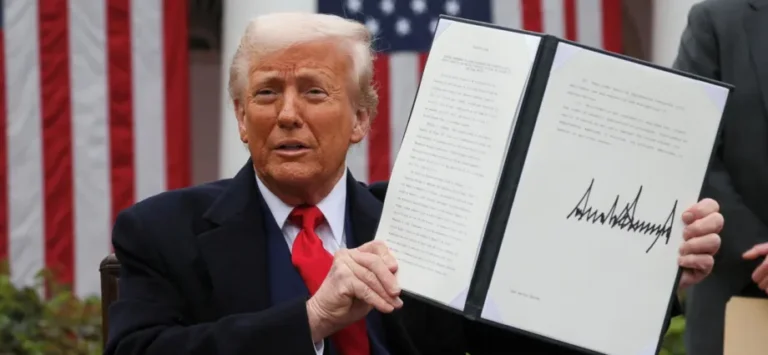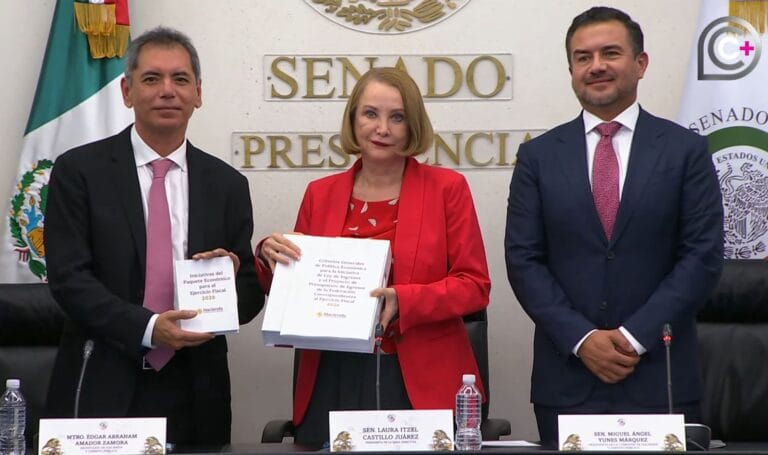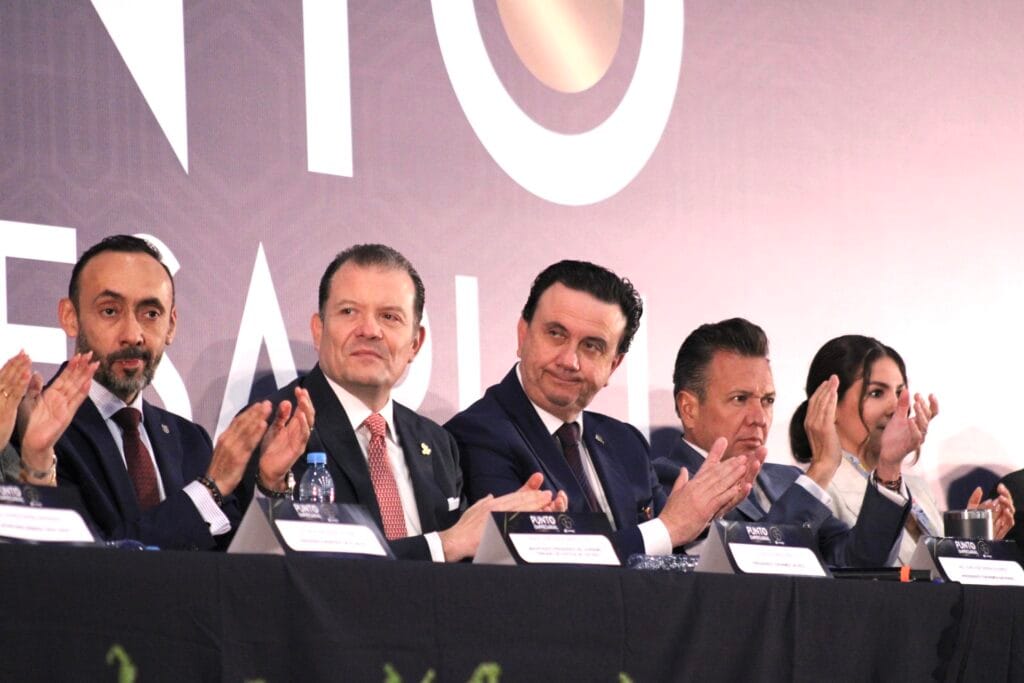In a development that could strain the diplomatic and commercial ties between the United States and Mexico, former President Donald Trump reignited a long-standing dispute over water rights, accusing Mexico of “stealing water from Texas” and threatening to impose new tariffs and potential sanctions unless immediate corrective action is taken.
The controversy revolves around a decades-old agreement: the 1944 Water Treaty, a binational accord that governs the distribution of water from the Rio Grande (Río Bravo), Colorado, and Tijuana rivers. According to Trump, Mexico has failed to deliver approximately 1.6 billion cubic meters — or 1.3 million acre-feet — of water owed to the U.S. under the terms of the treaty.
“Mexico has been stealing water from Texas farmers,” Trump declared in a social media post Thursday. “We will continue to increase the consequences — such as TARIFFS and possibly even SANCTIONS — until Mexico complies with the Treaty and GIVES TEXAS THE WATER IT IS OWED.”
Sheinbaum Responds with Diplomacy
In response, Mexican President Claudia Sheinbaum acknowledged the shortfall but attributed it to prolonged drought conditions that have severely impacted Mexico’s ability to meet its commitments. In a measured tone, she stated that Mexico had sent “a comprehensive proposal” to U.S. diplomats aimed at providing water to Texas and reaching a solution “that satisfies both countries.”
“Mexico has been complying based on water availability,” Sheinbaum wrote on social media. “I am confident that, as with other matters, an agreement will be reached.”
Rather than respond with counter-threats, Sheinbaum’s administration has prioritized diplomacy over confrontation, adopting a conciliatory stance that has, surprisingly, drawn a rare nod of approval from Trump, who described Sheinbaum as “a terrific person” and “a fantastic woman.”
A Historic Dispute with Modern Urgency
Water has long been a contentious issue between Mexico and the United States, particularly along the shared border. In 2020, the conflict escalated into violence when Mexican farmers seized control of a dam in northern Mexico to block the release of water to the U.S., arguing that local needs were being ignored.
Today, the situation is even more critical. Rising global temperatures and extended droughts — especially in northern Mexico and the American Southwest — have turned water into a scarce, high-stakes resource. The rivers once seen as natural boundaries are now pressure points in a broader environmental and geopolitical struggle.
Recent data from the International Boundary and Water Commission (IBWC) reveals that Mexico has failed to meet its treaty obligations for the past five years. Between October 2020 and October 2024, Mexico delivered just over 490 million cubic meters, a stark shortfall compared to the 1.72 billion cubic meters stipulated by the treaty. That deficit continues to grow.
Politics, Pressure, and the Road Ahead
Trump’s hardline stance comes amid his renewed push for the presidency in 2024 and plays into a broader campaign narrative of “putting America first”, particularly in matters involving border states like Texas. The threat of new tariffs on Mexican goods could reignite tensions not only with Mexico but also with U.S. agricultural producers, manufacturers, and consumers who depend on robust cross-border trade.
At the same time, Sheinbaum’s careful handling of the crisis may mark a new chapter in Mexican diplomacy, balancing national interest with regional cooperation. Her administration appears intent on avoiding the type of escalation that could endanger the country’s economic stability or its strategic relationship with the U.S.
As the water debt deepens and political rhetoric heats up, the future of the 1944 Treaty — once a symbol of cooperation — now hangs in the balance. What’s clear is that the rivers between these two nations carry more than water: they now carry the weight of politics, climate crisis, and an increasingly fragile diplomacy.
Autor
-

Somos Un espacio que fomenta la colaboración estratégica y el intercambio de ideas entre líderes empresariales.
View all posts





















